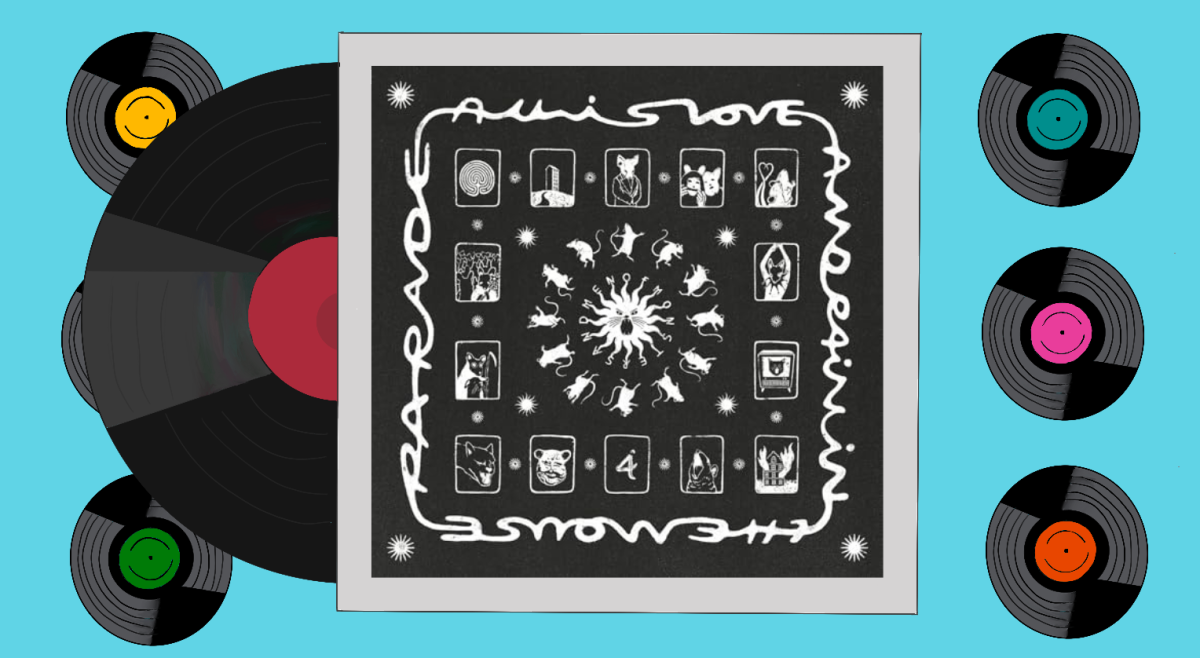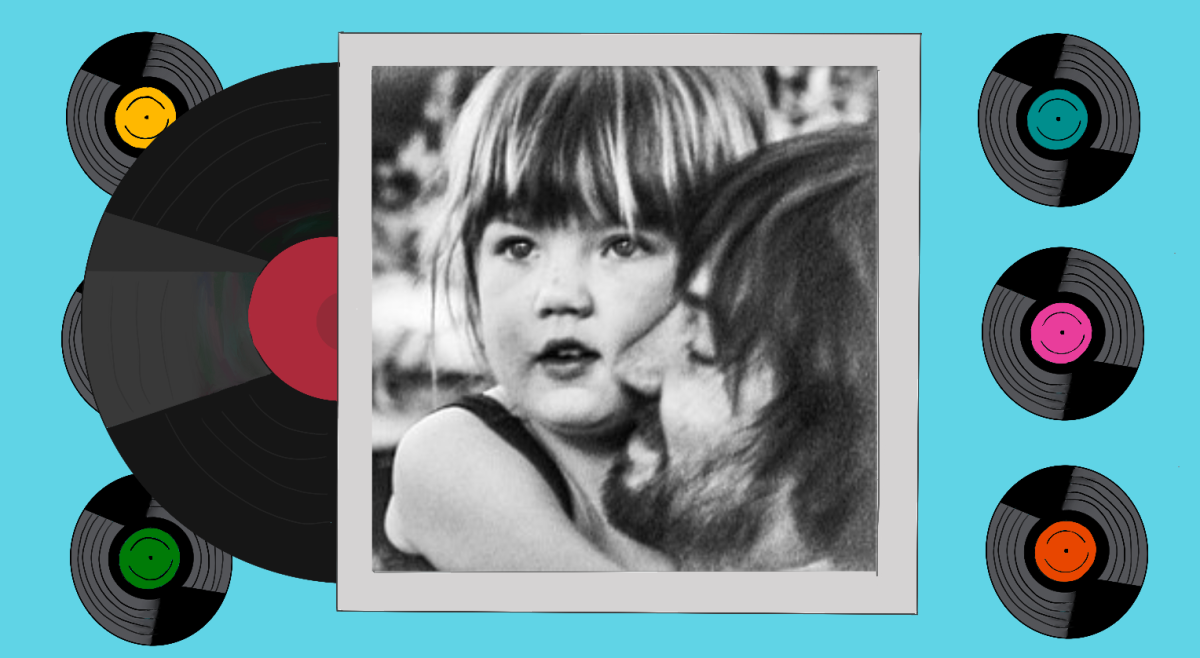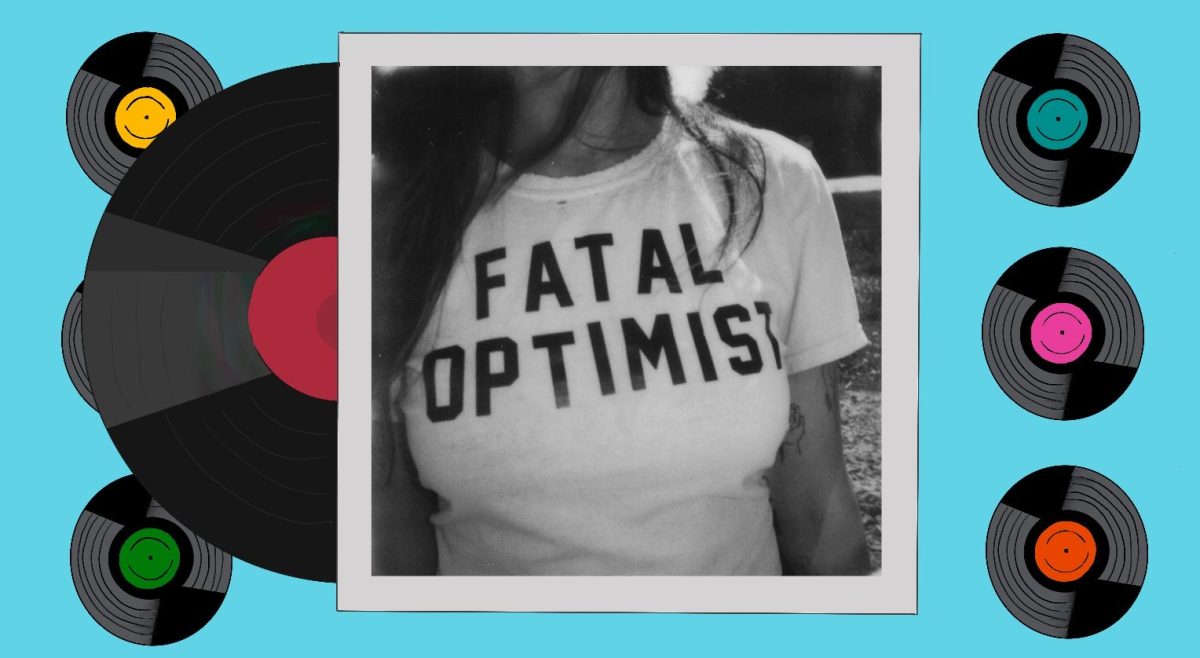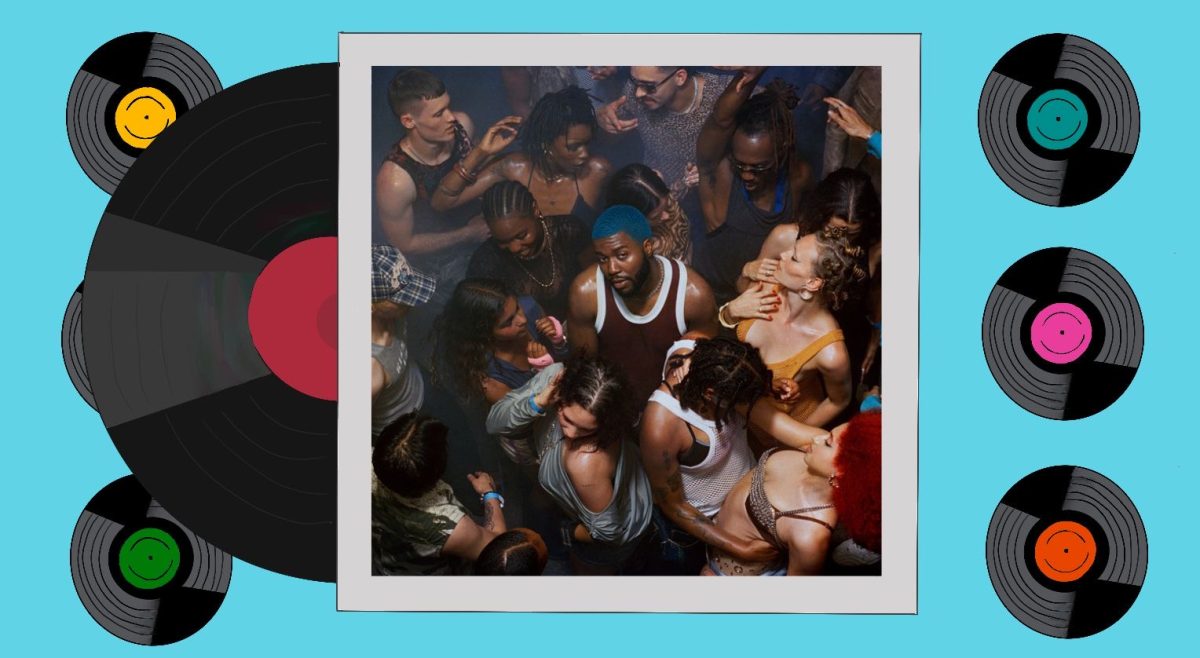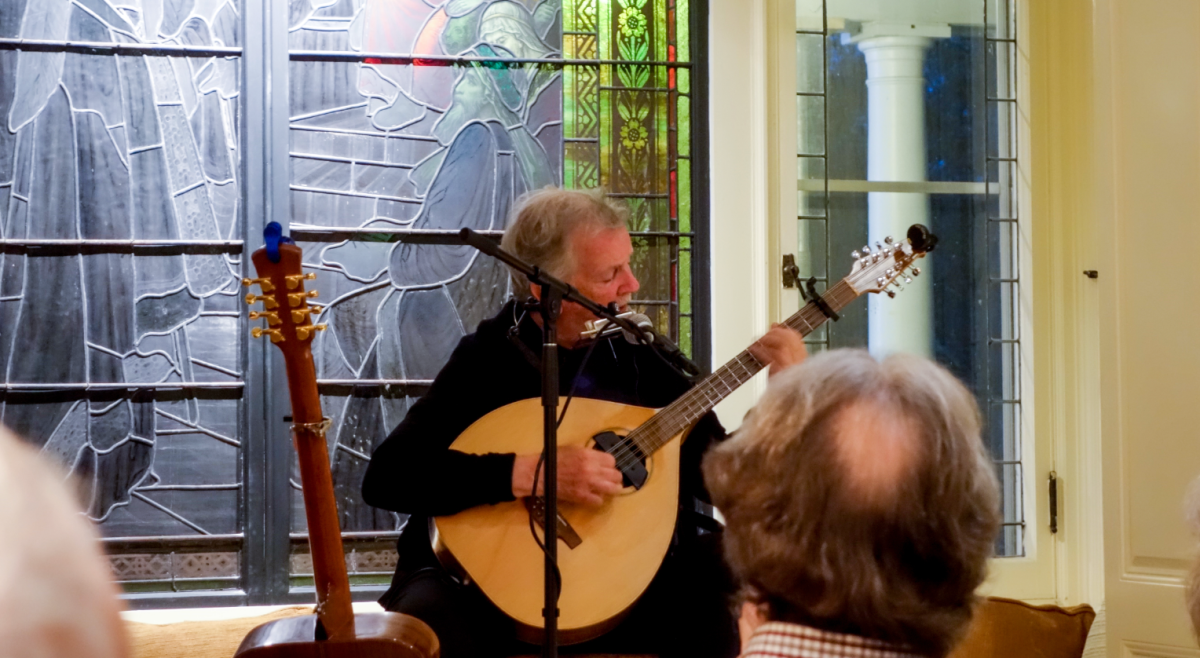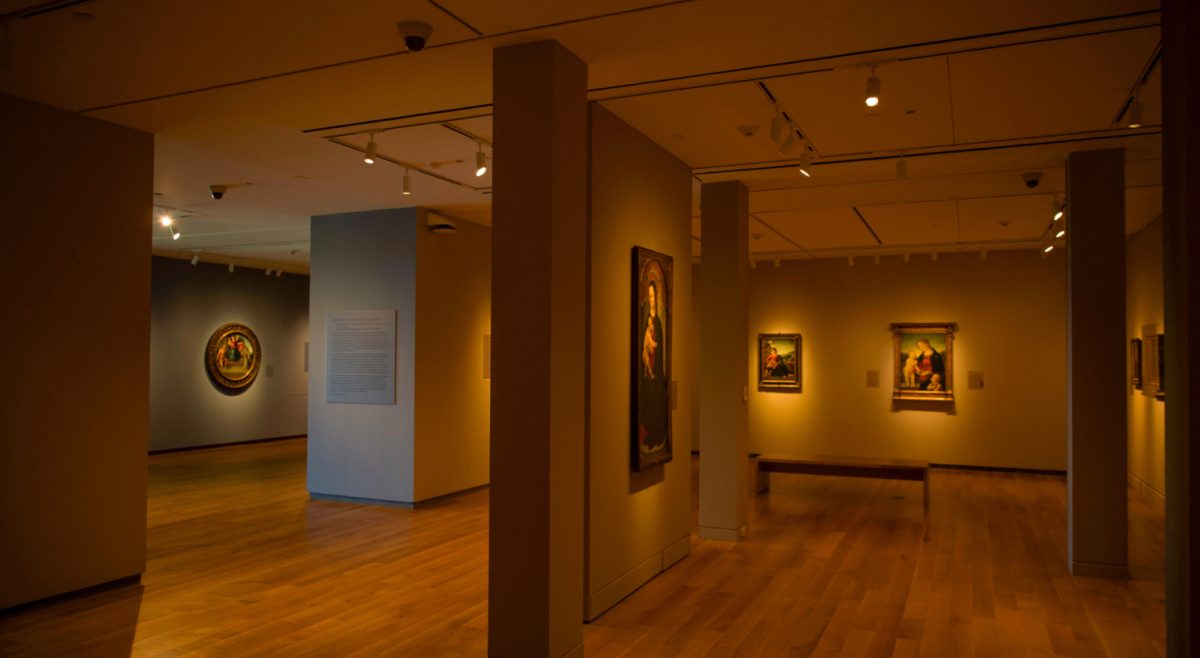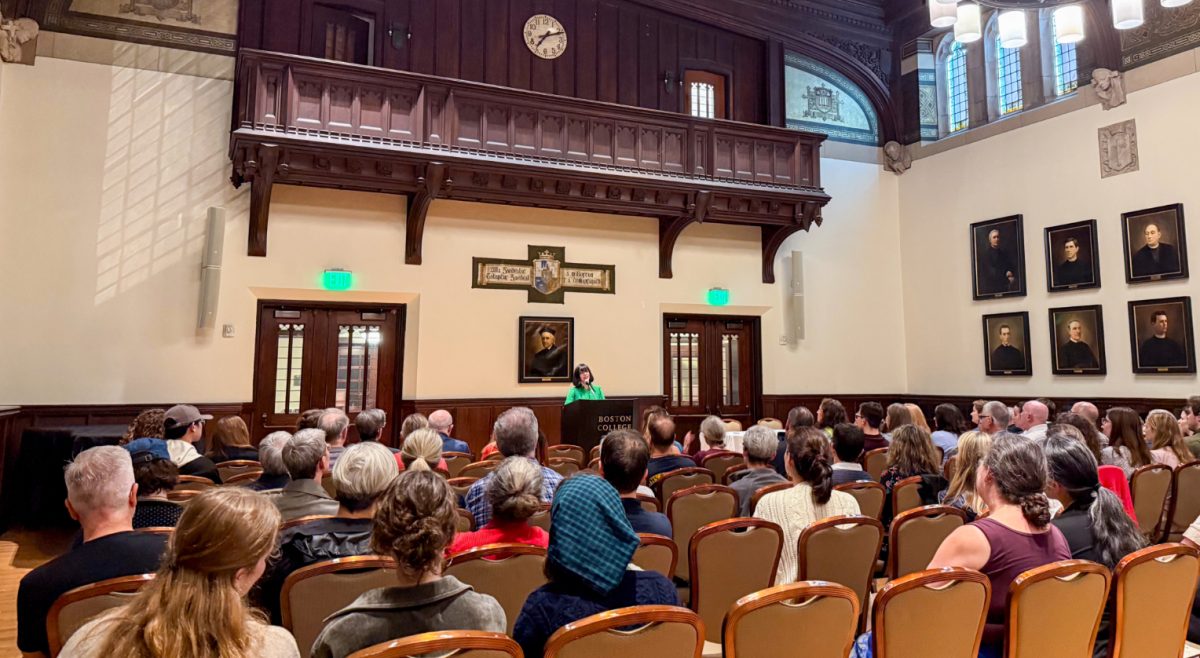Armed with a stabilizer-mounted DSLR camera, he circled and panned across the Arts Festival stage, swooping toward Christian Rougeau, MCAS ’17, and his electric violin. Rougeau leaned into the camera, smiling at the videographer as he tore into his strings. The fraying hairs at the tip of his bow—war scars. He knew the battlefield well. They all did.
Juice’s meteoric rise from freshman-boy jam band to campus media darling likely came as a surprise to those familiar with Boston College’s music scene. Having covered student bands for some time, I can say there’s a strong sense among many musicians here that BC students just don’t get it—they don’t show up at concerts, they don’t like music they haven’t heard on the radio, they don’t pay for music created by on-campus musicians. Then Juice showed up.
Attendance at BC band competitions skyrocketed overnight, and to be fair to other acts, a 7-man band will mathematically have more friends to show up, but it quickly became clear these weren’t just friends: they were fans. They knew the lyrics, they would shout out requests for specific songs. They would show up to concerts in Cambridge, they would show up to concerts in New York. And when it came time for Juice to record its first album, the crowdfunded effort raised over $16,000. Heck, I even donated to it. Thursday night was the concert for that album’s release. Juice, having won the Battle of the Band’s competition twice already, left the mantle open for another band this year, conceding instead to perform its own set on O’Neill Plaza after this year’s winner was announced. But with the competition cleared for another winner, a sense of anxiety remained for the other musicians there that night: was there really room on the mantle for another Juice?
For this year’s winner Funky Giant, perhaps, but these events have yet to demonstrate even close to the same turnout when Juice doesn’t show up. At this point, Juice almost feels like the featured performer, with everyone else serving as openers. The regulars call out the performers by name, while the University’s Office of News and Public Affairs happily co-opts the performance as an opportunity to collect some B-roll. The crowd conspicuously doubles in the minutes before Juice takes stage, with the venue so packed by the start of its set that latecomers start standing up on chairs to get a view of the stage.
[aesop_gallery id=”117896″]
Juice’s freshly released, self-titled album—as anyone familiar with its set can tell you—is Juice. It features a few newer tracks, but for the most part, could have been taken song-for-song off of a setlist from one of their longer concerts. For those at Thursday’s concert, it wasn’t a grand reveal so much as a celebration of a Juice BC knows well, potentially moving toward the next big stage. It all had the feeling of a send-off party.
Crowd favorites “Gold” and “How You Gonna Do Me Like That” were mixed with extended musical interludes—Chris Vu, MCAS ’17, performed a mesmerizing piano intro. For his part, Ben Stevens, CSOM ’18, stood out very clearly as the band’s lead vocalist Thursday. In the past, it’s been tougher to pick out just who was championing the vocal efforts. Rougeau’s exceptional violin, meanwhile, has developed from essentially serving as the band’s best party trick to being the standout ingredient in Juice’s instrumental mix.
What keeps Juice fresh is the band’s depth. The group’s internal dynamic is constantly shifting, and its sound gets a clear boost from the competitive energy between its members on stage. While its studio recordings are spectacularly produced, that explosive energy is a tough thing to mix for. Most bands aspire to sound like the recording, but I imagine Juice having a tough time ever recording something truthful to how it sounds live.
This is all to say that, while Thursday’s event in some senses marked Juice’s arrival—a completed album, a completed identity at BC, success beyond near all its contemporaries—it mostly presented questions. Has Juice’s success at BC given new legitimacy to BC’s independent music community, or has it simply disguised some of the community’s problems? Can Juice effectively export its sound outside Chestnut Hill and enjoy a much broader base of fans? Why did our overlords with the BC Arts Council cut off Juice mid-set? (Yup, that happened.) Did they get all the B-roll they needed and just call it a day?
As Arts Council volunteers ushered Juice off the stage—to the extreme distress of several angry onlookers—the crowd was offered a rare reminder that even Juice can feel the squeeze, that gravity has not changed, and while Juice’s rapid rise can offer some hope, plenty of obstacles remain for musicians at BC.
Featured Image By John Wiley / Heights Senior Staff








